
Maria Temming
Assistant Managing Editor, Science News Explores
Previously the staff writer for physical sciences at Science News, Maria Temming is the assistant managing editor at Science News Explores. She has undergraduate degrees in physics and English from Elon University and a master's degree in science writing from MIT. She has written for Scientific American, Sky & Telescope and NOVA Next. She’s also a former Science News intern.

Trustworthy journalism comes at a price.
Scientists and journalists share a core belief in questioning, observing and verifying to reach the truth. Science News reports on crucial research and discovery across science disciplines. We need your financial support to make it happen – every contribution makes a difference.
All Stories by Maria Temming
-
 Tech
TechThis solar-powered device produces energy and cleans water at the same time
Someday, the two-for-one machine could help curb electricity and freshwater shortages.
-
 Artificial Intelligence
Artificial IntelligenceArtificial intelligence has now pretty much conquered poker
A new artificial intelligence called Pluribus is a real card shark at six-player no-limit Texas Hold’em.
-
 Neuroscience
NeuroscienceThis brain region may be why some robots send chills down your spine
Scientists may have traced the source of the “uncanny valley” sensation in the brain.
-
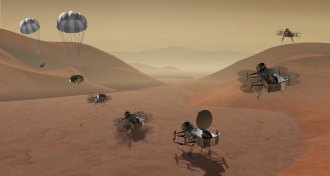 Planetary Science
Planetary ScienceWith Dragonfly, NASA is heading back to Saturn’s moon Titan
NASA’s next robotic mission to explore the solar system is headed to Saturn’s largest moon, Titan.
-
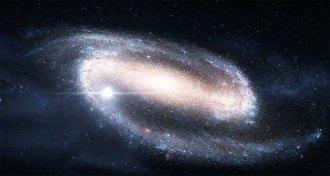 Astronomy
AstronomyIn a first, telescopes tracked a lone fast radio burst to a faraway galaxy
First-time observations suggest that the cause of one-time fast radio bursts is different from what triggers repeatedly flashing radio bursts.
-
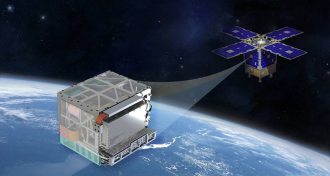 Tech
TechHow NASA’s portable atomic clock could revolutionize space travel
An atomic clock designed to enable self-driving spaceships and GPS-like navigation on other planets is about to take a yearlong test flight.
-
 Oceans
OceansThe world’s fisheries are incredibly intertwined, thanks to baby fish
A computer simulation reveals how one nation's management of its fish spawning grounds could significantly help or hurt another country's catch.
-
 Life
LifeThis body-on-a-chip mimics how organs and cancer cells react to drugs
The multiorgan system could help test new and existing drugs for effectiveness and unwanted side effects.
-
 Physics
PhysicsA computer model explains how to make perfectly smooth crepes
Here’s how to prepare thin pancakes that are perfectly smooth, according to science.
-
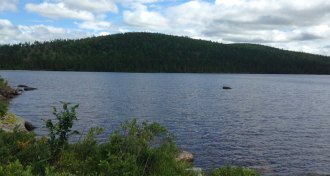 Environment
EnvironmentSome Canadian lakes still store DDT in their mud
Yesterday’s DDT pollution crisis is still today’s problem in some of Canada’s lakes.
-
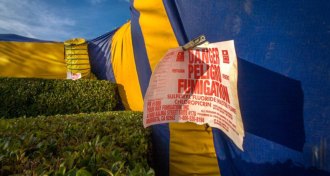 Agriculture
AgricultureThe U.S. is still using many pesticides that are banned in other countries
In 2016, the United States used millions of kilograms of pesticides that are banned or being phased out in the European Union, Brazil and China.
-
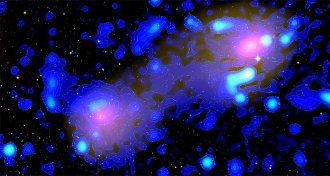 Astronomy
AstronomyIn a first, magnetic fields have been spotted between two galaxy clusters
The discovery of magnetic fields in the gaseous filament between two galaxy clusters suggests that some large cosmic structures are magnetized.